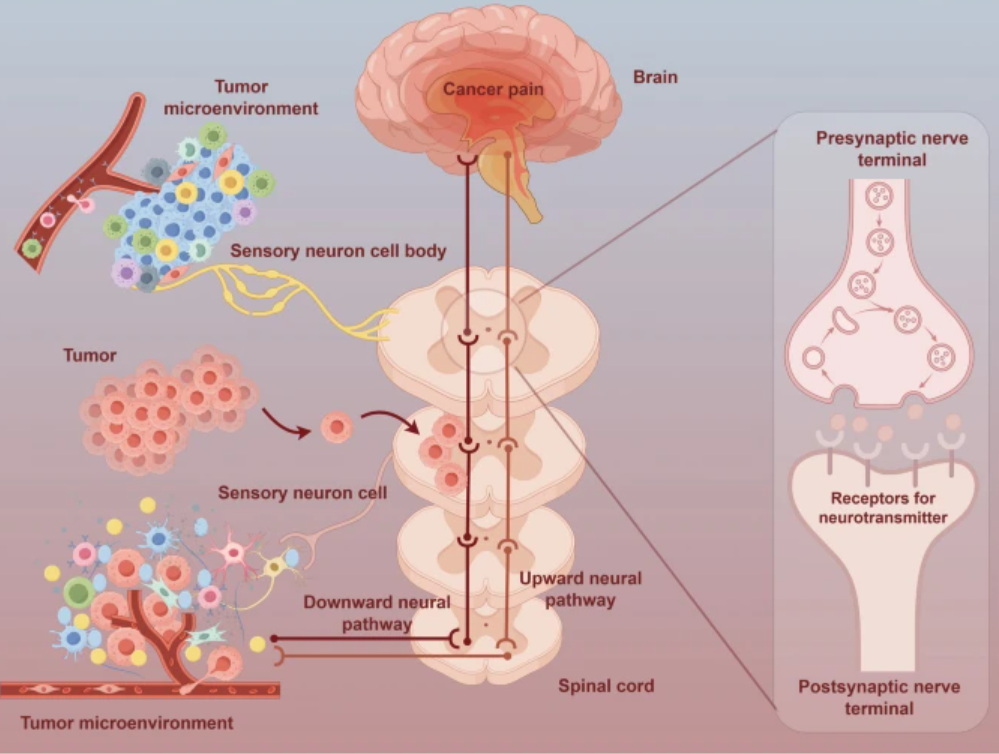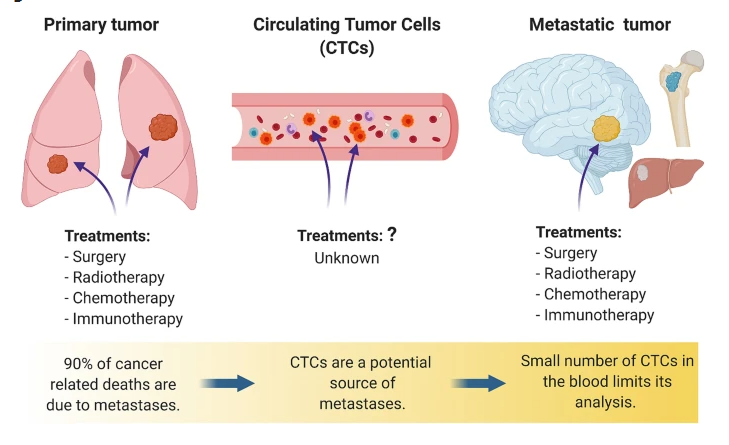Is Lung Cancer Primarily Caused by Smoking?
Category : Lung Cancer | Sub Category : Lung Cancer Posted on 2025-06-30 20:43:25

For the most part, yes — smoking is a significant contributor to lung cancer risk. Among lifelong nonsmokers, the lifetime risk of developing lung cancer is relatively low — approximately 0.4% in the U.S., 0.2% in the U.K., and about 1% or higher in parts of Eastern Europe. However, for lifelong smokers, the risk increases substantially, rising to between 5% and possibly even 10%.
While this is not the dramatic “inevitable doom” that some anti-smoking campaigns portray, the statistical impact of smoking on lung cancer risk is both clear and significant.
That said, there is some ongoing debate about the extent to which tobacco itself — specifically the act of burning it — is the direct cause of lung cancer. Several potential confounding factors may also play a role. These include:
Pesticides used on tobacco crops, which may leave harmful residues;
Chlorine in cigarette paper, which may convert to dioxin — a highly toxic chemical — when burned;
Alcohol consumption, which is typically higher among smokers and may produce carcinogenic fumes;
Environmental pollution, inhaled more deeply or frequently by smokers due to their breathing patterns (often through the mouth rather than the nose, bypassing the natural filtering of the sinuses).
Many of these risk factors could also apply to marijuana smokers, though more research is needed in that area.
Leave a Comment:
SEARCH
Categories
Recent News
- Cancer Pain Medications
- Gastric Cancer (Stomach Cancer)
- New Discovery Links Mitochondrial DNA to Immunotherapy Success in Cancer Treatment
- John’s Journey: Healing Through Lifestyle and Natural Remedies
- The truth about finding a cure for cancer
- Federal Government Commissions Three Oncology Centres to Strengthen Cancer Care in Nigeria
- Nigeria Advances National Cancer Control Efforts
- Nigeria’s Biggest Cancer Awareness Walk by Mukhtasar M. Alkali
READ MORE
2 months ago Category : Tell us your Story

Cancer Pain Medications
Read More →2 months ago Category : Gastric Cancer

Gastric Cancer (Stomach Cancer)
Read More →3 months ago Category : Colorectal Cancer

New Discovery Links Mitochondrial DNA to Immunotherapy Success in Cancer Treatment
Read More →3 months ago Category : Tell us your Story
